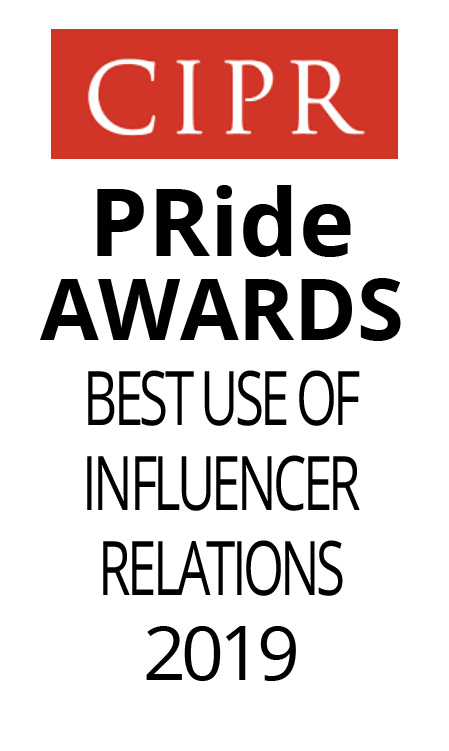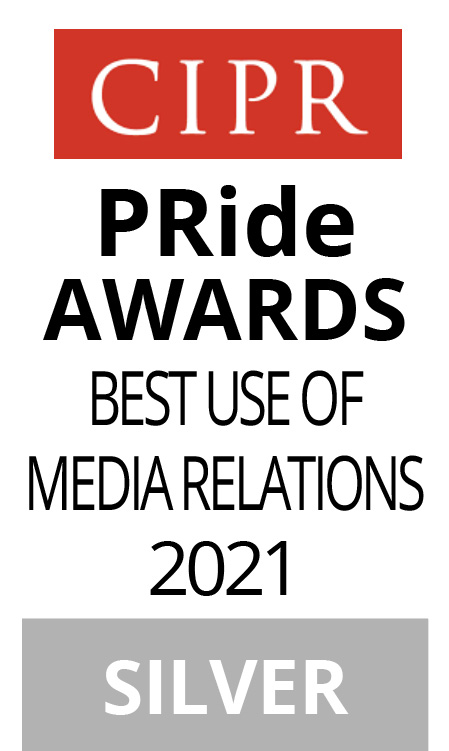It’s every CEO’s nightmare, the data hacking scandal which has hit Talk Talk. The company has lost around £360m in value since it revealed details of the attack last Thursday.
How would you cope if a crisis suddenly hit your business? Problems can explode out of nowhere; Talk Talk and VW are just two very high profile recent examples. We’re talking about reputation and crisis management.
The key question to ask yourself
So this is the question – when did you last scan the horizon and prepare a crisis strategy for your organisation? What could come out and hit your business? A fire; a freak accident; staff misconduct; fraud; data breaches etc.
It seems awful to imagine a catalogue of horrors but sadly this is what you must do to make sure you can protect the reputation and future of your organisation.
Because it is how you are seen to behave and what you say immediately following a crisis which affects your reputation, just as much as the efficiency of your actual operational procedures and approaches.
Insurers refer to “the golden hour” immediately following a crisis. You need to be able shine during the golden hour, and in the following days or weeks which you spend in the spot light, not emerge with your reputation utterly tarnished. Enough of the puns, this is not a laughing matter.
How can you prepare?
What steps can you take? The three key words to bear in mind for reputation management are preparation, preparation, preparation.
Last week I reviewed a book for B2B Magazine called “The Reputation Playbook” written by Jennifer Janson. It’s an excellent book, highly readable, very practical. Reading this book will definitely help you be better prepared.
Talk Talk has proved the accuracy not least of Janson’s definition “reputational risk is a measure of how a company’s reputation can be irreparably damaged by a single action or decision by almost anyone in the business, or anyone outside the business.”
Digital wildfire
The book spends quite some time highlighting the role of social media, because as she so succinctly puts it, you could face a “digital wildfire” thanks to Twitter etc. literally within moments of bad news breaking.
Forming a committee to plan and prepare is the essential first step. What does the committee do in its first meeting? Janson provides a robust plan for a reputation management steering committee in its first meeting :
Agenda or six steps to follow
1. Process and behaviour
Examples from attendees of process and behaviour within the business already supporting (or detracting from) reputation.
2. Reputational risk
Each attendee to highlight the single biggest issue within their own area that, if spread publically, could damage the company’s reputation.
3. Social media
Ask if all (or any) are using social media, or even monitoring social media as far as is relevant for their role.
4. Insight
Share a breakdown of what is being said and the perception that exists online
5. Brainstorm
What are the behaviours and processes that best support our values and how do we use social media to amplify these.?
6. Actions and accountability
What actions will result and who is accountable for them?
You can see how this first meeting will begin a process you can follow. If you would like help to guide you through this process or to tackle more immediate reputation management challenges, please get in touch: graham@twelvepr.co.uk.
We provide support and advice for a wide range of organisations in the public, private and not-for-profit sector. You will be assured of our confidential, impartial communications advice, directed by Graham Smith.









